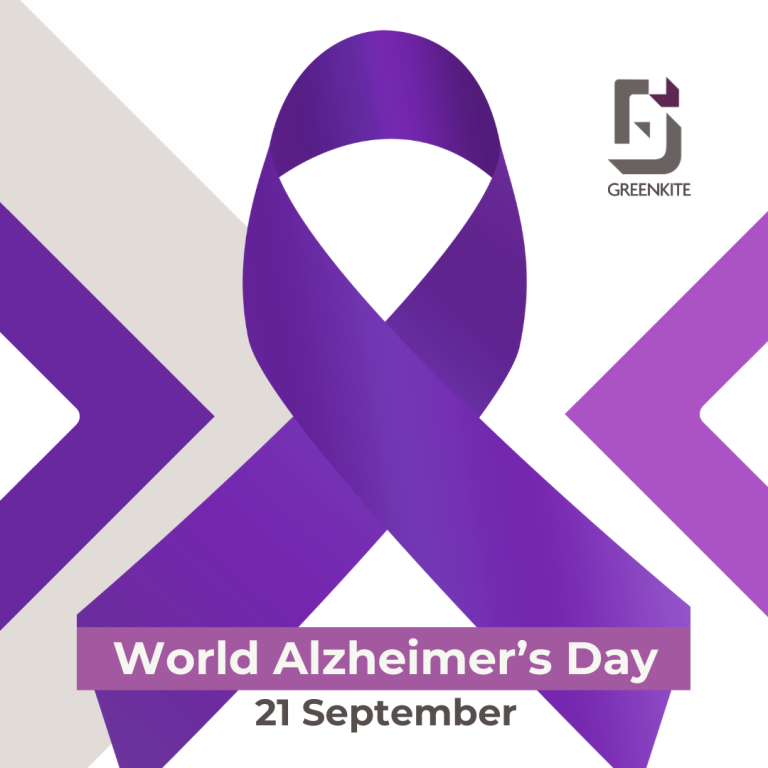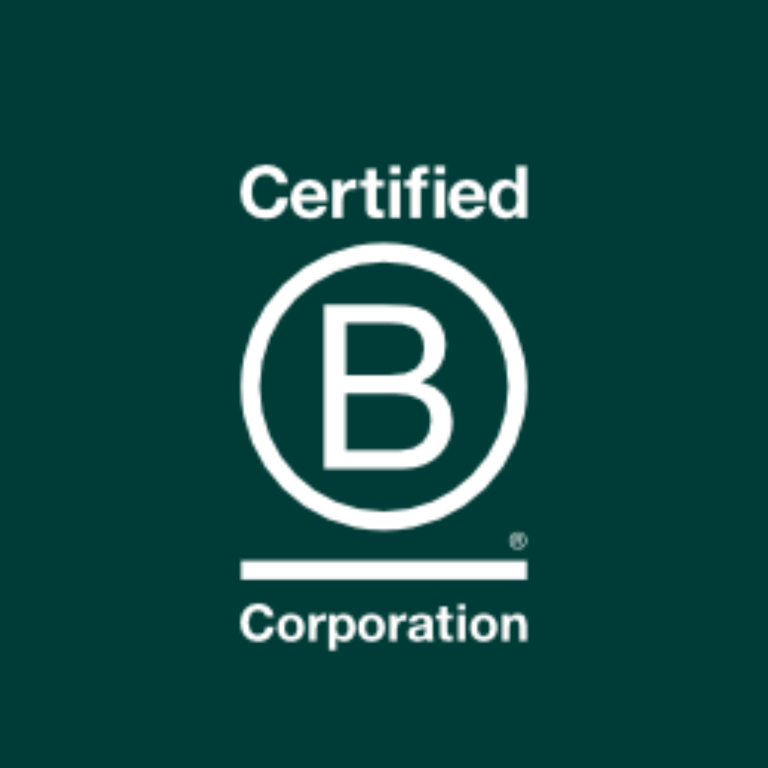
21 September – World Alzheimer’s Day
Picture this: you’re part of a dynamic team working alongside dedicated colleagues who’ve been the backbone of the department for years. Among them is a co-worker who’s always been sharp, attentive, and organised, an indispensable asset to the team.
But lately, you’ve noticed small yet unmistakable changes in this colleague’s performance and behaviour. Tasks that used to be handled with precision are now missed or incomplete. Conversations that were once smooth and coherent have become disjointed, with pauses and forgotten words. During meetings, they seem increasingly disoriented, struggling to follow discussions and contribute meaningfully. Your concerns grow each day, but you’re in a dilemma.
You want to help, but you’re afraid of causing embarrassment or discomfort. You wonder if it’s just stress, a temporary setback, or something more serious. You understand the importance of addressing this issue sensitively, but you’re unsure how to approach it. It’s an uncomfortable situation, to say the least.
The truth is, these situations are not uncommon. Dementia and Alzheimer’s can affect anyone, regardless of their professional stature or age. Recognising the signs and addressing them is a sensitive and challenging task, not just for managers and executives but for everyone on the team.
This scenario underscores the critical need for a workplace culture that values empathy and support. It emphasises the importance of open communication and the availability of resources to guide leaders and teams through such situations. It’s a reminder that, as both leaders and employees, we have a responsibility not only to our organisations but also to our colleagues who may be silently struggling with invisible conditions.
So, what can we do as an industry, and more specifically as a company?
- Foster an open and non-judgmental environment where employees feel safe discussing their well-being
- Provide education and awareness through training programs to recognise signs and understand the challenges individuals may face
- Offer flexibility in work arrangements, such as part-time roles or adjusted hours, to support employees
- Ensure easy access to information about local support services and community resources
- Maintain regular check-ins and be willing as a team to adjust work responsibilities with flexibility, understanding that the needs of an employee with dementia may change over time
Beyond our workplace commitment, we have the power to make a lasting impact. Many of our staff have been affected by this devastating disease, and we’re committed to supporting Insurance United Against Dementia (IUAD), an industry movement championed by leaders across insurance in partnership with Alzheimer’s Society. GreenKite pledges to raise awareness, contribute to vital research and provide essential support for those affected by dementia. Together, we can make a difference.
To learn more about the incredible work of IUAD and how to get involved with them, please click here.






